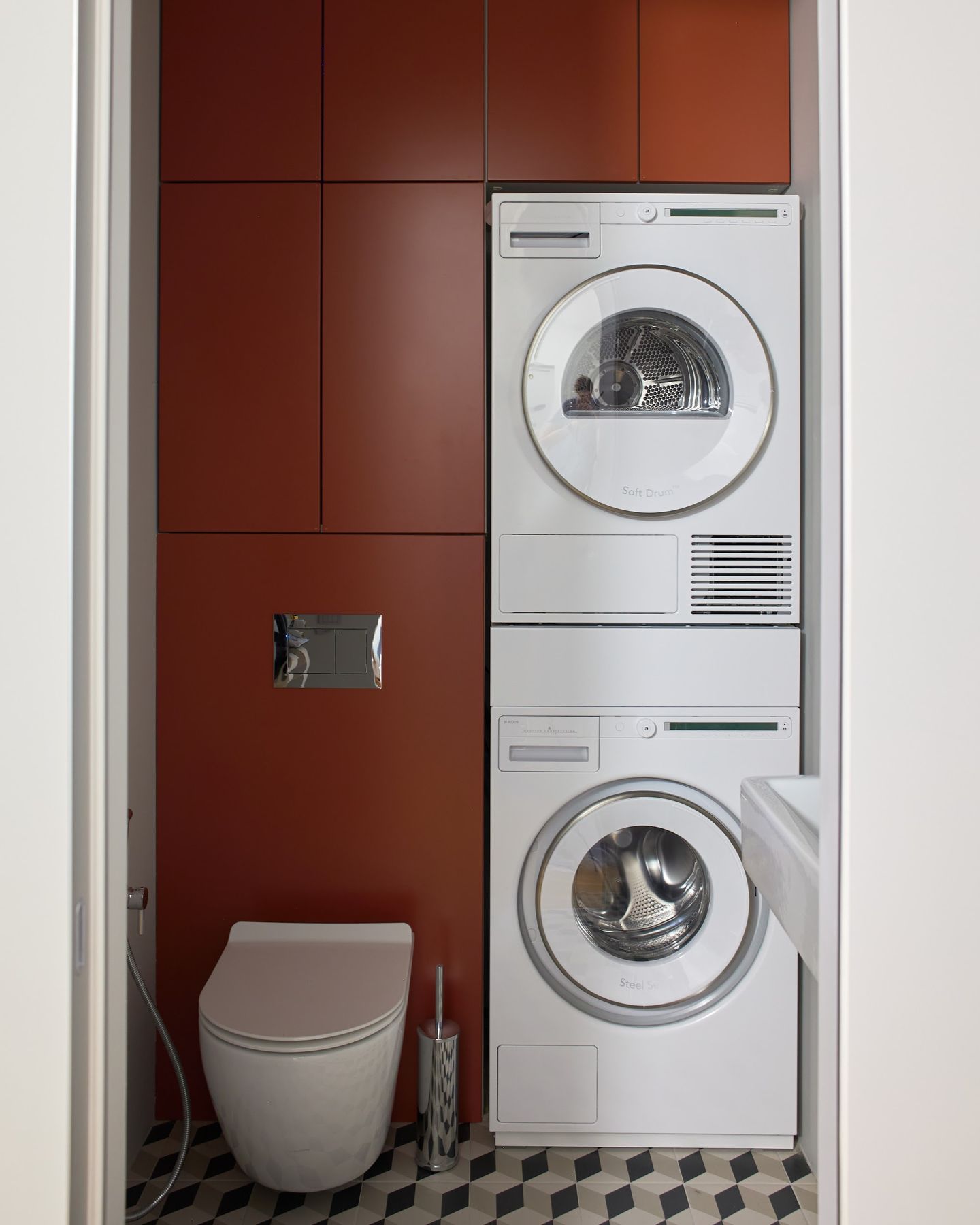
Redefining the Essence of Culinary Spaces
In the contemporary era, the role of the kitchen as the heart of the home has shifted dramatically. No longer just a place for meal preparation, the modern culinary space has been elegantly transformed into a multipurpose hub that encourages social interaction, embraces technology, and showcases personalized style.
Blending Functionality with Style
The new paradigm of culinary spaces is marked by an ingenious blend of functionality and aesthetic appeal. Designers are merging minimalist trends with ergonomic features to create kitchens that are both user-friendly and visually stunning. The integration of sleek cabinetry, hidden storage solutions, and cutting-edge appliances speaks to the desire for a space that is uncluttered and tailored for efficiency.
The Rise of Smart Kitchens
Technology has been a driving force in the redefinition of culinary spaces. Smart kitchens equipped with intelligent devices that can be controlled via smartphones or voice commands are on the rise. This technology not only enhances user experience but also contributes to energy efficiency and safety. Innovations like touchless faucets, advanced refrigerators that manage inventory, and ovens that can be preheated remotely redefine convenience in the kitchen.
Embracing the Social Kitchen
Culinary spaces are increasingly designed to accommodate social interaction. The incorporation of larger islands, open layouts, and comfortable seating areas fosters an environment where family and friends can gather and engage with one another. It is no surprise that kitchens are now regularly used for entertaining, dining, and even working, reflecting the societal shift towards more casual and interconnected living spaces.
Personalized Touches
Personalization is key in elegantly redefined culinary spaces. Homeowners are now looking to inject their personal style into their kitchen décor. This can be seen through the selection of unique countertop materials, bespoke hardware finishes, and distinctive lighting fixtures. Customization allows for culinary spaces to not only be functional but also reflect the homeowner's personality and aesthetic preferences.
Sustainable Practices in Culinary Design
Sustainability is becoming increasingly important in kitchen design. The use of eco-friendly materials, energy-efficient appliances, and waste reduction practices not only benefit the environment but also contribute to the health and wellness of the occupants. By prioritizing sustainability, the redefined culinary space can be both elegant and eco-conscious.
Conclusion
The redefinition of culinary spaces is a testament to the ever-evolving nature of home design. As we look to the future, these spaces will continue to integrate technology, promote social interaction, and reflect personal style, all while balancing elegance with functionality. The kitchen has truly become a space that is as dynamic and multifaceted as the people it serves.